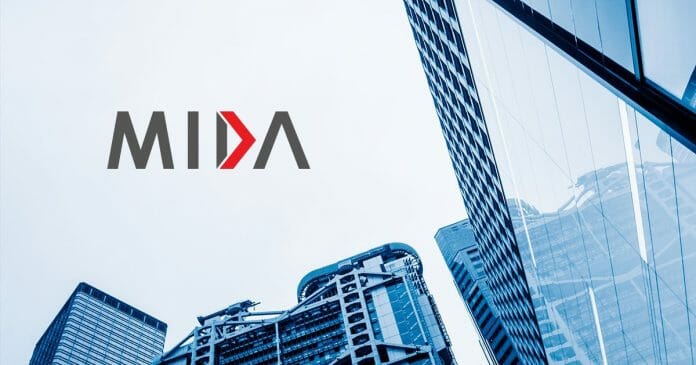The Malaysian Investment Development Authority (MIDA) is currently promoting vaccine production in the country and is in strategic collaborations between various parties including industry experts, academics and the community to promote and consolidate a more comprehensive approach, says Sivasuriyamoorthy Sundara Raja, Deputy CEO of MIDA.
“This includes talking to global players to set up production facilities, and not merely setting up fill and finish operations but to undertake research and development (R&D) as well in the production of homegrown vaccines,” he says.
He comments in response to Datuk Seri Dr Adham Baba’s media statement on how the nation can become a producer of human vaccines within the next 10 years through the National Vaccine Development Roadmap (NVDR) that will be launched in the near future.
Arham Abdul Rahman, MIDA CEO says that the proposed NVDR is a critical enabler to strengthen the country’s existing ecosystem for the vaccine industry.
“The Roadmap aims to generate more interest among local and foreign investors to venture into integrated vaccine manufacturing projects in Malaysia,” he adds.
Sivasuriyamoorthy adds that from the previous Budget 2021 allocated, the Government had already started introducing special tax incentives to encourage further investments into the pharmaceutical industry which include vaccine production.
While striving to engage both foreign and local industries in building a conducive environment for vaccine development and manufacturing, MIDA’s goal is to encourage companies to grow their businesses in Malaysia.
“Currently MIDA is in active discussions with several companies on their vaccine investment proposals in the country,” he says.
MIDA is currently accepting applications from November 2020 to December 2022 from manufacturers of pharmaceutical products and vaccines to invest in Malaysia with attractive income tax rates.
In their efforts to attract more investments in vaccine manufacturing projects in the country, the Government is providing attractive incentive packages to eligible applicants. These schemes include a preferential tax rate of 0 to 10 percent for a maximum of 20 years, a relocation incentive that provides eligible manufacturing projects 0 percent special tax rate for 10 years for new investments with a capital investment of between RM300 million to RM500 million, and 0 percent special tax rate for 15 years for new investments with capital investments above RM500 million in addition to R&D and training grants.
In addition to these incentives, strategic investments by such companies may be considered for other facilities which include import duty/sales tax exemption for machinery, equipment and raw materials.
Meanwhile, in developing domestic investments this year, as stated in the 12MP, the Science, Technology and Innovation Ministry has been provided with an RM500 million R&D fund and would ensure that 50 percent of the fund will be used for experimental development research for projects that have the potential to be commercialised.
According to Dr Adham Baba, with its current implementation, gross domestic expenditure on R&D (GERD) could be increased from 1.04 per cent in 2018 to 2.5 per cent in 2025.
“Through this effort, more local companies can move from being just technology users to technology developers and creators,” he said.









